Your message has been sent.
We’ll process your request and contact you back as soon as possible.
The form has been successfully submitted.
Please find further information in your mailbox.
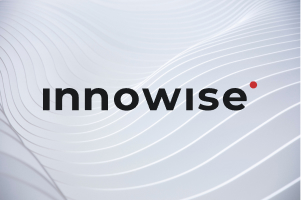
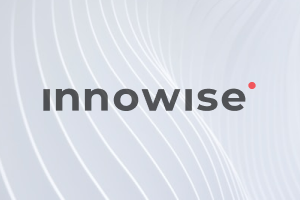


It’s too costly to ignore ML for your EdTech app.
We have solid machine learning expertise to give your app the competitive edge it needs to succeed.
EdTech refers to online education, which boomed in 2019 as a result of the COVID-19 pandemic. That’s generally true because EdTech utilizes computer software and hardware to augment traditional educational theory and practice in the learning process.
Implementing machine learning and artificial intelligence was just a question of time. But how does it help students and tutors?
Such solutions bring more versatility into the learning process which can affect the overall efficiency of the educational process.
By utilizing personalized and adaptive learning tools, tutors and students can adapt to each other’s needs by adjusting the learning materials, schedule, and tempo. Students can pick the subjects they’re truly interested in while tutors are empowered to create more personalized learning experiences with increased effectiveness.
Also, automating administrative processes with ML tools can dramatically increase the efficiency of education. Algorithms can do almost anything from manual routine work to tracking attendance to automatically sending homework and lectures to the students’ devices. With all of the resources saved, educators can dedicate more time to personal consultations or create more complex and practice-focused tasks for students.
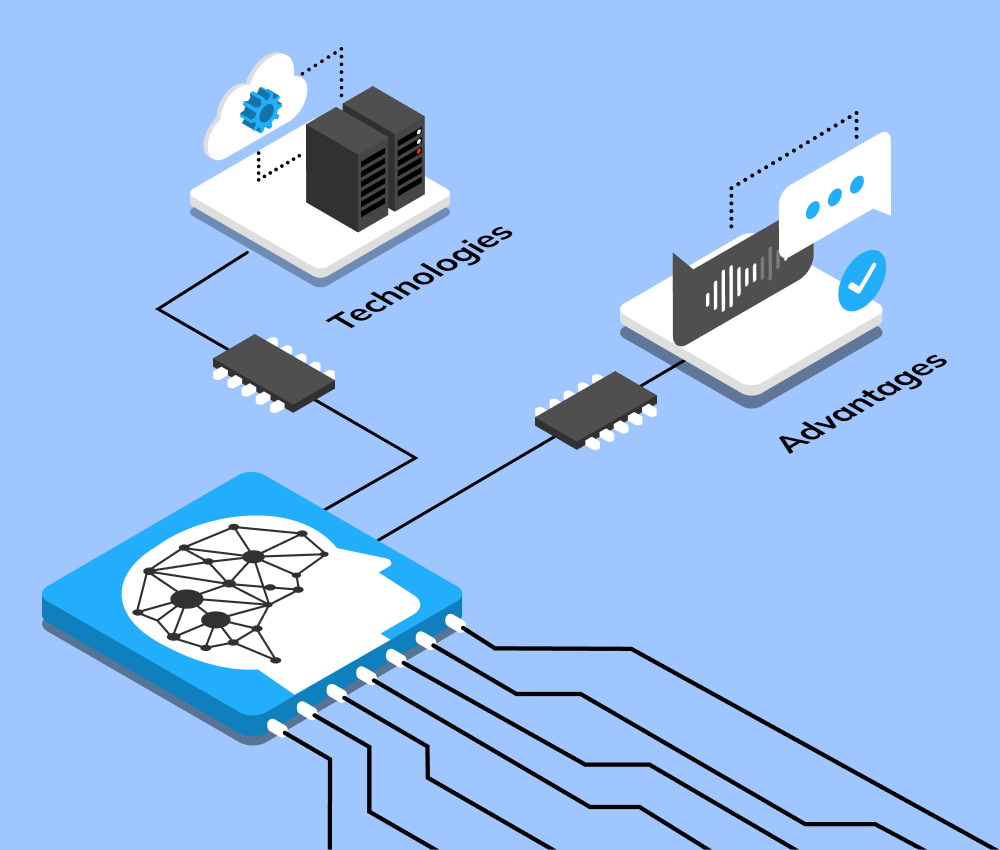
Learning analytics is also a great tool for providing more informative feedback to both students and tutors. By investigating an individual’s environment and progress, an analyst can see strong and weak points of one and bring them up which should result in adjusting the educational process to current conditions and increase the efficiency of studying.
With this tool, tutors can assist their students in pointing out strengths and weaknesses. For instance, such frameworks can predict certain success in learning one subject and flaws in another. As a result, students will be able to distribute their efforts much more efficiently during the learning process and, overall, education will be of higher quality.
By utilizing the technologies mentioned above, machine learning and artificial intelligence tools can also improve the assessment process. For example, several types of tests can be automated and randomized with no loss in evaluation precision. Also, a combination of text analysis tools and learning analytics can be used to show students’ performance during written exams and how their environment affected their results.
Python is one of the most popular programming languages for creating and setting up ML and AI applications. It allows developers to build and deploy such solutions in a rapid and cost-effective manner.
Java is a cross-platform language, which makes it great for web servers for educational platforms. Given a large number of libraries for machine learning, Java can be used not only for the web server of educational platforms but also used to build a system that helps to choose the right training course (as an example). Java servers keep the load well, so they are a good tool for creating streaming lectures, courses, and online learning.
If compared to Python, Node.js can win if a product needs a swifter back-end. Also, this programming language has a great number of libraries that allow deploying complex solutions with integrated machine learning algorithms.
Google Cloud is a great choice for a cost-effective solution that should be swift and easy to rescale. It won’t take any hardware capabilities while remaining fully functional. Their Vertex AI has built-in capabilities for swiftly deploying and easily maintaining literally anything in terms of ML in the cloud.
Microsoft Azure’s computer vision API can enhance learning by giving the tools for analyzing visual data such as pictures and videos. ML models trained with computer vision can perform a wider array of tasks in a range of fields.
Amazon provides software developers with an array of machine learning and data analytics tools. The most widely known are AWS Sagemaker and AWS Lex.
AWS Sagemaker is a convenient tool for developing, deploying, and managing machine learning and data analytics applications.
With AWS Lex, developers can create any dialogue-based extension to the current learning system from chatbots to voice-operated virtual assistants. This is a powerful tool for creating more immersive and effective self-educational tools.
As mentioned above, ML and AI-based solutions have already invaded our lives and they won’t change. Netflix’s recommendation system isn’t the only thing going on, nor is Google’s live captioning. Such solutions are already helping people learn.
Grammarly is an online writing assistant that can help you write clearer, more accurate, and more engaging texts.
They’re considered the best grammar-checking application for now and have millions of users across the globe.
SchooLinks is a college and career readiness platform that assists school tutors in preparing students for real future life. It mixes traditional methodological tools with brand-new experiences for students and easier organization and maintenance for tutors.
Quizlet is an American company that empowers learning through flashcards. Students can learn topics on any subject in a personalized gamified form that increases the efficiency of gaining knowledge.
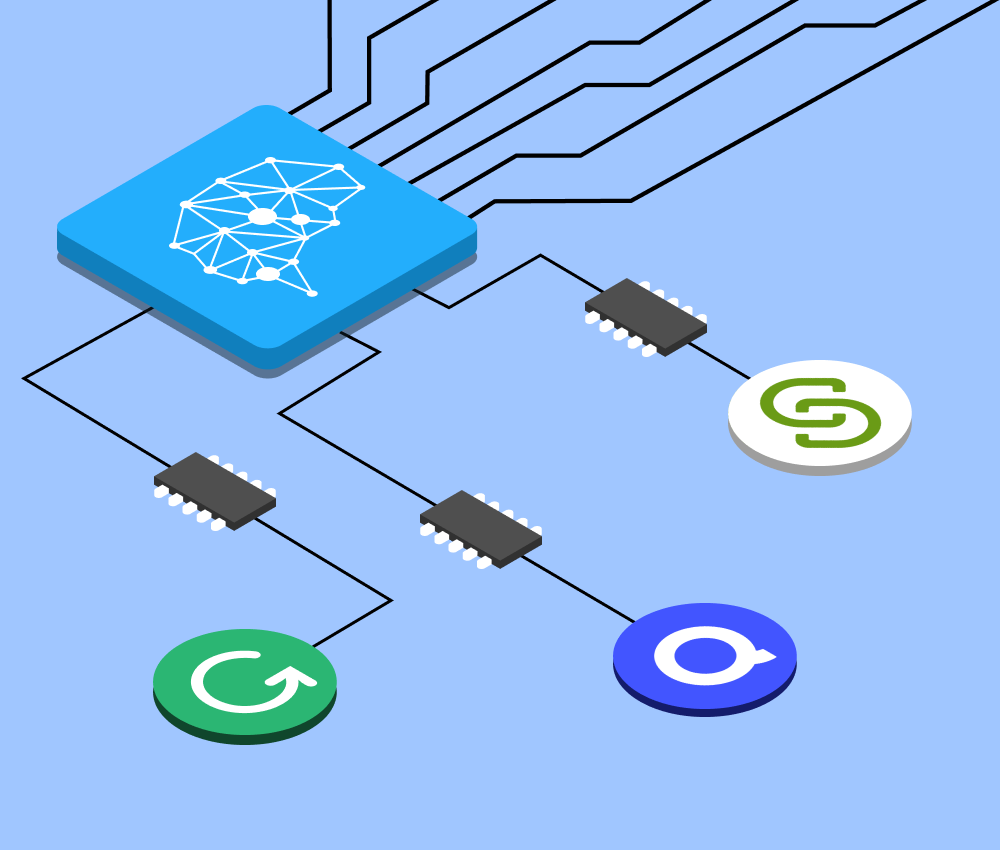
Our software engineers have rebuilt from scratch an eLearning platform that allows students to engage in online courses and mentors to spread their knowledge.
The solution presents web and desktop applications that allow tutors to share their courses with students across the globe. To make the courses more suitable for each particular student, Innowise has implemented an ML-based recommender system as well as several data analytics tools that allow adjusting the content according to the users’ needs. As a result, the platform provides users with more personalized course recommendations and has shown an increase of 2700% in data analysis processes. You can learn more about the project at the link.
Technological advancements emerge daily and it’s pretty hard to predict whether a new tool or framework will fit into our lives perfectly or vanish in a blink of an eye. However, several things have made it and are not going to leave.
Machine learning is one of those. With so much information on the web and so many activities going on in the educational sphere, we all need some assistance in a brand new world of Education 4.0.
The thing is we already have tools for acquiring such assistance, we just need to accept them and introduce them to our daily lifestyles.
Machine learning is revolutionizing the education sector by personalizing learning experiences, automating administrative tasks, and providing data-driven insights. Adaptive learning platforms use machine learning algorithms to tailor educational content based on individual student progress, optimizing comprehension and engagement.
First of all, the integration of machine learning in education results in a more efficient, adaptive, and data-driven learning environment. The ML technology enables personalized learning experiences by adapting content to individual student needs, enhances student engagement, and provides real-time feedback. Machine learning automates administrative tasks, such as grading and assessment, freeing up educators’ time.
Yes, applying machine learning in education comes with challenges. Ensuring data privacy and security, addressing biases in algorithms, and maintaining ethical considerations are primary concerns. Additionally, integrating machine learning requires significant infrastructure and resource investments.

Rate this article:
4.8/5 (45 reviews)









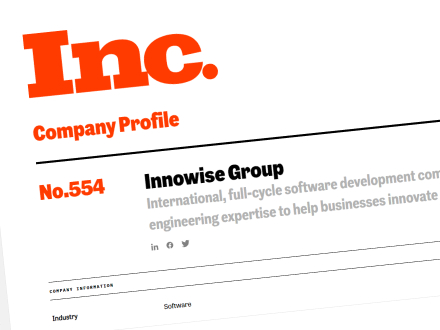


Your message has been sent.
We’ll process your request and contact you back as soon as possible.

By signing up you agree to our Privacy Policy, including the use of cookies and transfer of your personal information.